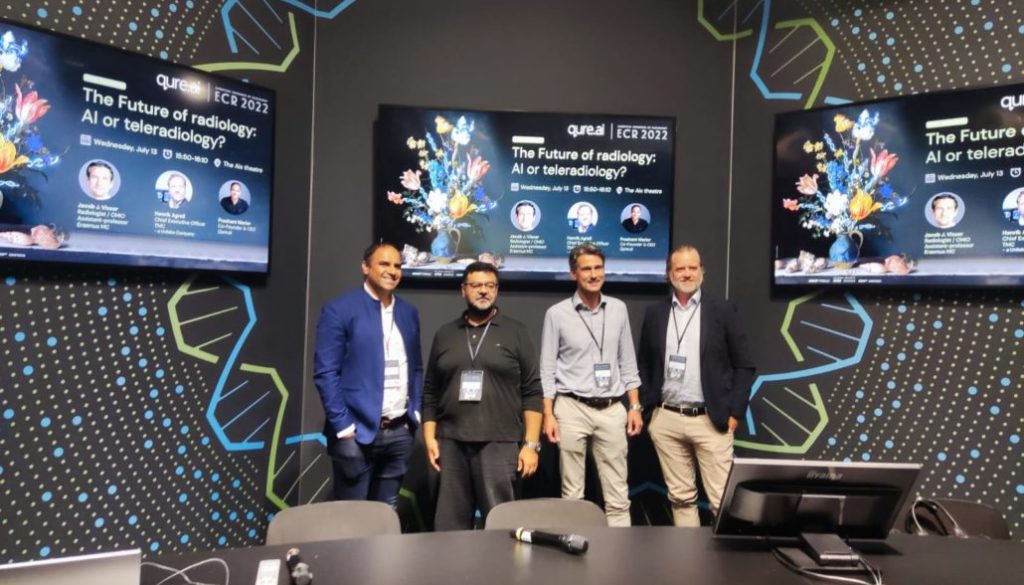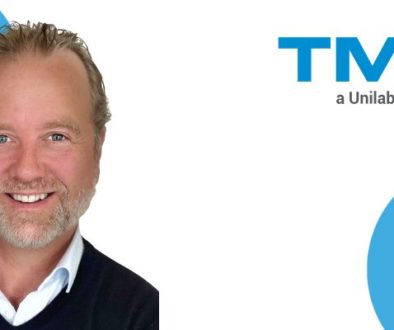ECR 2022: TMC was there!
After 2 years of COVID-19 pandemic, ECR is back in Vienna, but for the first time ever, during summertime. The TMC Unilabs AI Centre of Excellence attended the largest radiology congress in Europe with two aims in mind: to strengthen the relationships with our current partners and get updates on the state-of-the-art AI solutions and catch glimpses of what’s coming next.
The attendance was quite small compared to previous years being this the middle of the holiday period. However, there was a silver lining to this: all the vendors were there and that meant more time for them to spend with us.
As soon as the congress started, we announced our partnership with Qure.AI. This project to help triage normal from abnormal Chest X-rays and help improve reporting efficiency, went live at the end of June. During the next months we will monitor the impact of this solution in our UK elective service, and we expect that for ECR 2023, we will be coming back to explain our successful collaboration.
Henrik Agrell, CEO of Telemedicine Clinic, was a panellist for the talk The Future of Radiology: AI or Teleradiology? He quickly stated that the “or” of the title should be changed into “and” as he believes that AI is the key to improve reporting workflows and deal with the ever-increasing volumes and the capacity shortages.
Thomas Lindahl, Unilabs Sweden Medical Director, spoke about our partnership with Subtle Medical, a healthcare technology company using artificial intelligence for faster and higher quality MRI, to further improve the quality and efficiency of our MRI imaging. The solution, which is already rolled out in Sweden having a significant impact in our work. More often than not, we talk about the promise of AI and the high expectations around it, but this time, we were happy to focus on the tangible evidence on what these solutions are doing for us. During the talk, Thomas presented the efficiency gains measured during the pilot trial and gave real examples on how the images are read by the radiologists after AI enhancement.
As for what the future holds, what we have been able to see is an increasing trend on comprehensive AI solutions. This means, that during the coming years, more AI solutions will focus on detecting multiple pathologies instead of a specific acute one. These kinds of solutions have a huge potential for us, since they would allow us to quickly identify the cases that have no relevant abnormalities, clear them quickly, and dedicate more resources to complex cases with pathologies.
We have also noticed that AI vendors understand that the only way to deliver a well-rounded solution is a full, seamless integration. They understand our needs and are willing to tweak their solutions to adapt to what we need.
To sum it up, ECR 2022 was intense, warm, and fun! Plenty of action points and multiple follow-up meetings will be required, but the objective is very clear. Come back next year with more success stories to tell.



